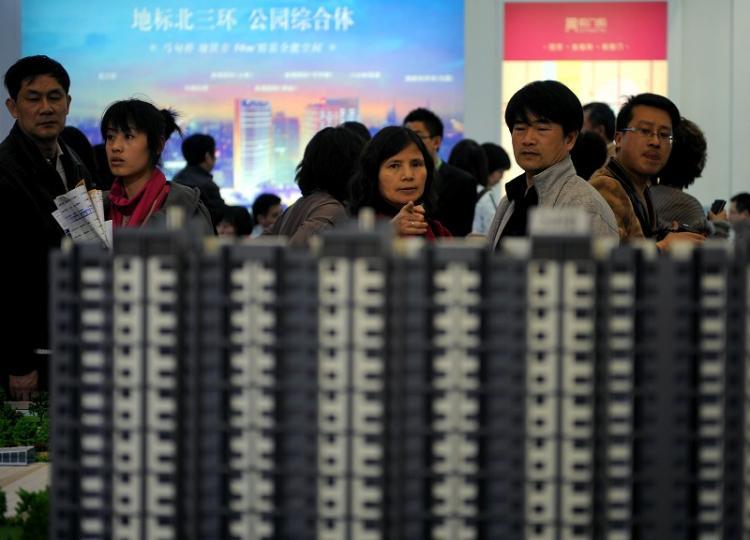China released its May national housing price data on June 15. Beijing and Shanghai had the largest fall in second-hand home prices among 70 large and medium-sized cities.
The price of second-hand homes in Shanghai fell by 0.8 percent compared with the previous month, the largest drop among cities surveyed, and Beijing fell by 0.6 percent.




